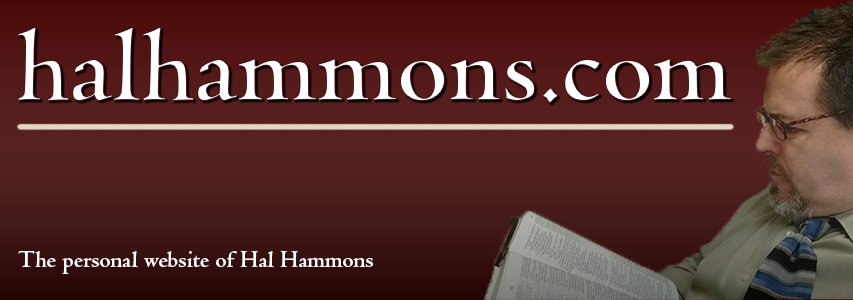Stories from the Road: An Internet-Free Zone
I got behind in my work during my recent vacation. That may not sound strange; getting away from work is kind of what vacation is all about. But my “vacations” are not entirely work-free, in most instances. I usually have a few articles and a sermon or two that need to be ready to go before I get home, plus I have my various online obligations and my regular, run-of-the-mill Bible reading.
Some of that had to take a vacation as well, though. My parents’ internet service was basically nonfunctional. And there was no service at all where I was staying after that. I pushed my phone’s service plan to the limit with Google Maps and other travel essentials. But I could not work online. I could not do my live casts. And I barely checked email and social media at all.
Did I live to tell the tale? Surprisingly, yes I did. What’s more, I spent quality time with family and friends, I devoured about half of a very interesting biography of Aaron Burr, and I was still able to keep up with important activity a thousand miles away.
Our friend Kris Emerson has begun advocating an occasional three-day fast from virtually all technological communication. (Smart phones are virtually a necessity for many of us in our world, sadly — although the various apps we have on them certainly are not.) I’ve advocated for much less stringent measure in times past; now I’m thinking maybe I didn’t go far enough.
There is little doubt, according to the research, that social media does more harm than good with regard to interpersonal relationships. It encourages shallow, self-serving interactions between “friends” who deliberately show their best side to everyone around them (quite a trick, when you think about it). Emails and texts are notoriously terrible at expressing emotions, motives, and various other nuances. And surrounding ourselves constantly with every scrap of information the World Wide Web can offer does not merely keep us “informed” — as though being “informed” is necessarily an improvement on things; it also treats every purveyor of information as equal (which is clearly false), gives unreasonable emphasis to the horrific and ugly, and in all sorts of ways persuades us that the “real world” out there makes your own life tiny and irrelevant.
I am not suggesting we turn a blind eye to the ugliness of the world on a permanent basis. I’m simply saying, “staying informed” often means swimming in Satan’s cesspool (Galatians 5:17-21). “Staying in touch” can do more harm than good when done poorly (Colossians 4:6). And “staying grounded” usually means the exact opposite of what it should mean for a Christian (Philippians 3:20).
Make a real friend. Start a real conversation. Have a real life. At least give it a try for a few days. Who knows? You may decide you like it.

